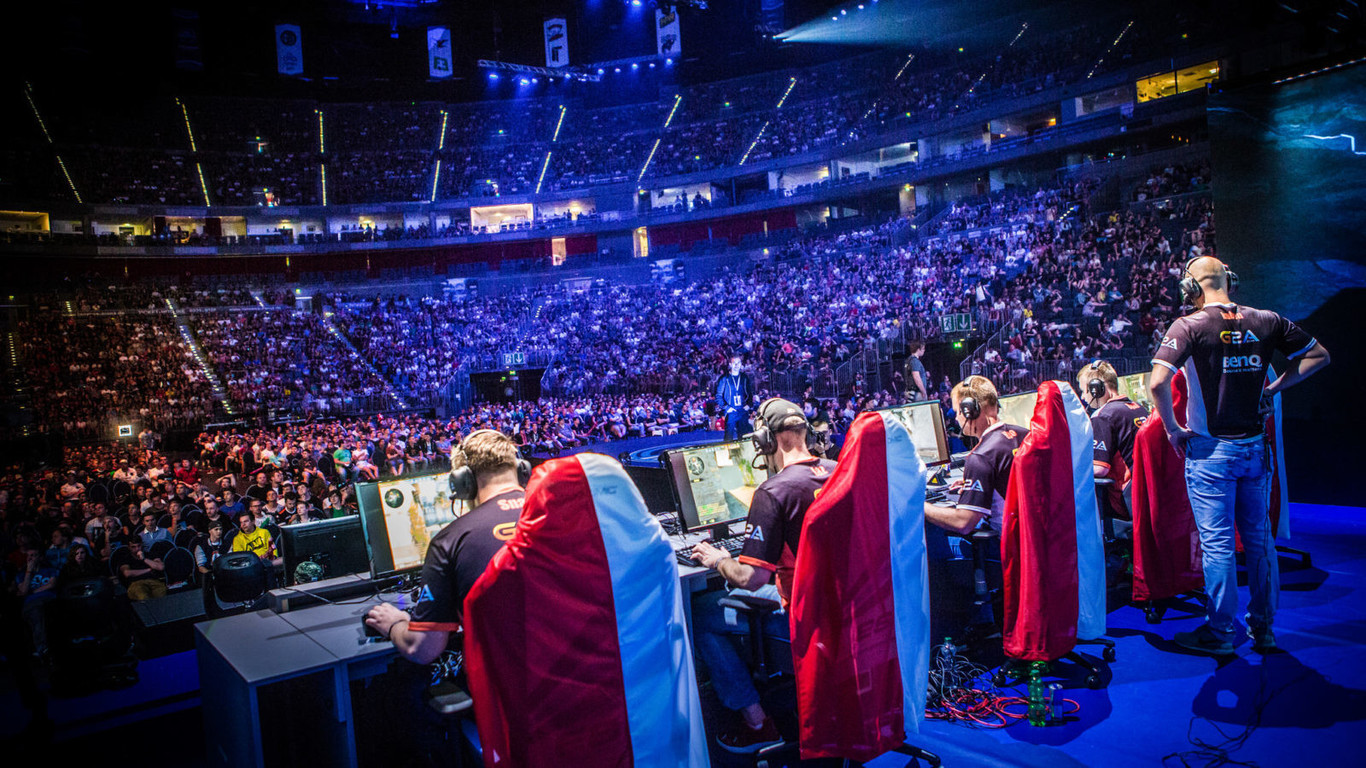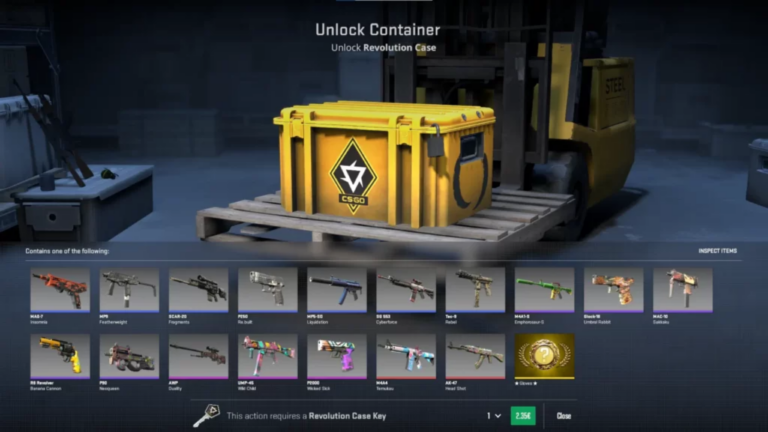Is esports a legitimate kind of sports is an old debate. Many respond negatively because there isn’t any fighting, running, or other physically demanding activities. Others draw attention to the widely recognized “sport” of chess and note that esports have many characteristics with traditional sports.
You ask, what’s that? Teamwork, strategy, talent, and competition, of course—all the things we adore about, say, football. The comparison between esports and sports has further similarities, including teams, drafts, wagering, fantasy leagues, and more. This much is evident from the esports industry: esports are sports.
Recognition Around the World
The stances that various nations adopt range greatly. While many other nations do not formally recognize esports as a sport, esports are recognized as a sport in countries like South Korea where they are highly popular. For instance, there is a lot of strong opposition in Germany to esports being regarded as sports.
Esports athletes are treated in the US much like regular athletes. Esports players can even apply for athlete visas while they are in town. Even though several other nations provide esports professionals with similar assistance, many still face difficulties obtaining visas to compete worldwide. One of the greatest Tekken players in the world, Arslan Ash, was prevented from competing abroad for years due to visa problems that prevented the Pakistani player from traveling.
Things have already drastically changed in the history of esports; in 2014, the president of ESPN said that esports are not sports. Since then, major esports leagues have agreed to several incredibly rich broadcasting deals with his very own TV network.
In a similar vein, a number of German Olympic authorities stated esports didn’t even merit the moniker “esports games,” likening it to knitting. Instead, they recommended electronic games, which makes very little sense. Germany, on the other hand, is one of the major esports hubs in Europe. Even in video games like League of Legends, Dota 2, and Counter-Strike, the country has produced some of the best players. Stated differently, a significant divide exists between the nation and those who make decisions at the highest levels.
Counties that Recognize Esport as A Sport
The Korean Esports Federation Has Taken A Leading Role In Advocating For The Official International Recognition Of Esports. There Is No Denying That One Of The Largest Esports Marketplaces Worldwide Is South Korea. They Aggressively Supported The Esports Movements Of Other Countries By Using Their Position.
Currently, Esports Are Recognized As A Legitimate Sport In Nations Including The US, Finland, And Even Germany, Which Is Known For Its Reserve.
China And South Africa Were Among The First Few Countries (together With South Korea) To Recognize Esports As A Legitimate Sport. Nepal, Denmark, Italy, And Russia Have Also Joined. Ukraine Was The Most Recent Nation To Acknowledge Esports As A Legitimate Sport. In September 2020, The Nation Formally Acknowledged Esports As A Legitimate Sport.
Even Now, As Esports Continue To Grow, There Is A Heated Discussion Regarding Whether Or Not They Belong In The Olympics. Even While Esports Haven’t Been Included In Any Official Capacity In The Summer Games Yet, They Have Been A Part Of Other Olympic Events, Such as The Asian Games, Where They Have Been On Multiple Occasions.
The Future of Esports Is…?
Detractors have dismissed esports As A Passing Fad, A Small Trend, Or A One-Time Event From The Very Beginning. It’s Reasonable To Conclude That At This Point They Were All Utterly Mistaken. Millions Of Sportsmen And Fans Worldwide Are Involved In The Billion-Dollar Sport Of Esports. Esports Supporters Of Younger Generations Actually Outweigh Sports Fans In Many Regions, And Current Trends Indicate That This Difference Is Only Growing.
Thus, Esports Aren’t Fading At All, Despite What Cynics Like To Say. Not Even At Their Zenith Yet. Economic Forecasts Indicate That The Esports Business Will Probably Expand Even More Over The Next Years, Despite The Fact That Esports Is Not Without Its Difficulties.

The Ones About Mental And Physical Health Are Among The Largest. Particularly, The Well-Being Of Esports Competitors Who Take Part In Professional Competitions. Owing To Their Frequently Distinct Classification As “non-Athletic Athletes,” They May Experience Some Fairly Terrible Circumstances. Esports Players May Have Comparable Stress Levels To Those Of Traditional Athletes Due To Abusive Contracts And Inadequate Working Conditions. Another Issue The Business Has Not Yet Addressed Is Athlete Burnout In Esports.
A Lot Of Professional Players Follow Similar Training Regimens That Include More Than 10 Hours Of Exercise Every Day, Meals On Time, And Other Things. Although Casual Gamers May Not Find This To Be As Relevant, It Is Still Crucial For Them To Maintain Good Health When Gaming.
Read More: How to Have More Fun Playing Clash of Clans: Simple Cheats?
Counterarguments
There Are Still Many People Who Disagree, Although The Majority Of Supporters And Even Some Detractors Concur That Esports Should Be Classified As Sports. The Fundamental Argument Against Esports Being Considered A Sport Is Because They Don’t Demand Much Physical Fitness Or Effort. While It’s Not A Direct Factor In The Competition, Some Contend That Physical Fitness Is A Component Of Esports. Athletes Maintain Their physical fitness, particularly by strengthening the arm flexors, brachioradialis, palmaris longus, and back muscles.
There Is no running, jumping, or ball sports involved, but reflexes to respond fast are required. Fairness and scoring are a further point of contention. Updates And Balance/meta Adjustments Have A significant impact on how games are played and scored in many esports games. They can even provide players an “unfair” edge. And Then There are the actual rules. After A sport is recognized as official in any capacity, changes to its regulations are uncommon. Regulations Are updated more frequently and new ones are added all the time in esports.
The question of whether esports qualify as a sport has no definitive answer. There is only one coin with two sides. Because Esports Are Better and more advanced than traditional sports, some esports enthusiasts even contend that esports don’t need sports and shouldn’t be viewed as such.
Their case is founded on the reality that most sports have an equivalent in esports, such as NBA2K for basketball and FIFA for football. As A result, esports provide a competitive sports option that is accessible to everyone at any time.






Leave a Comment